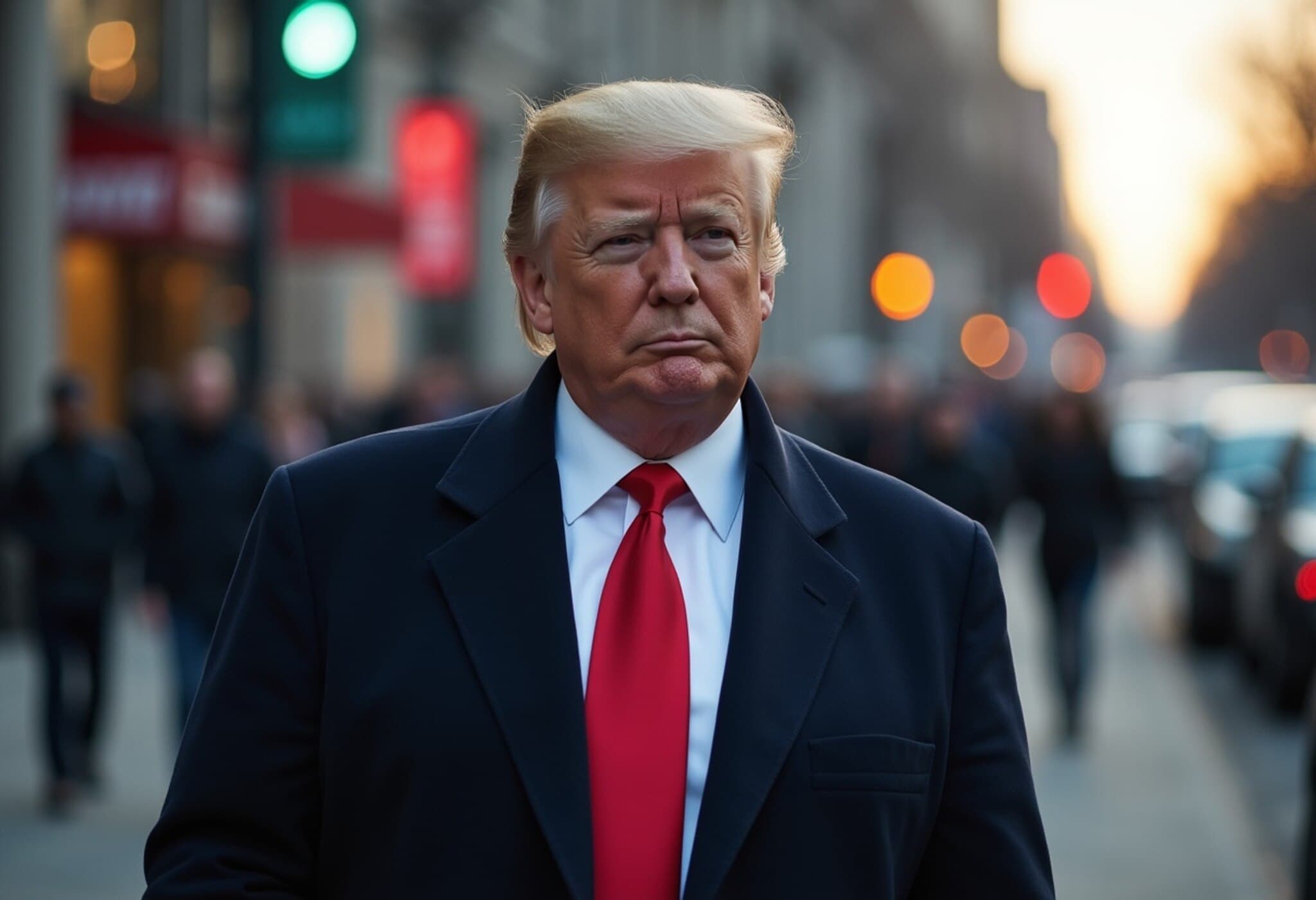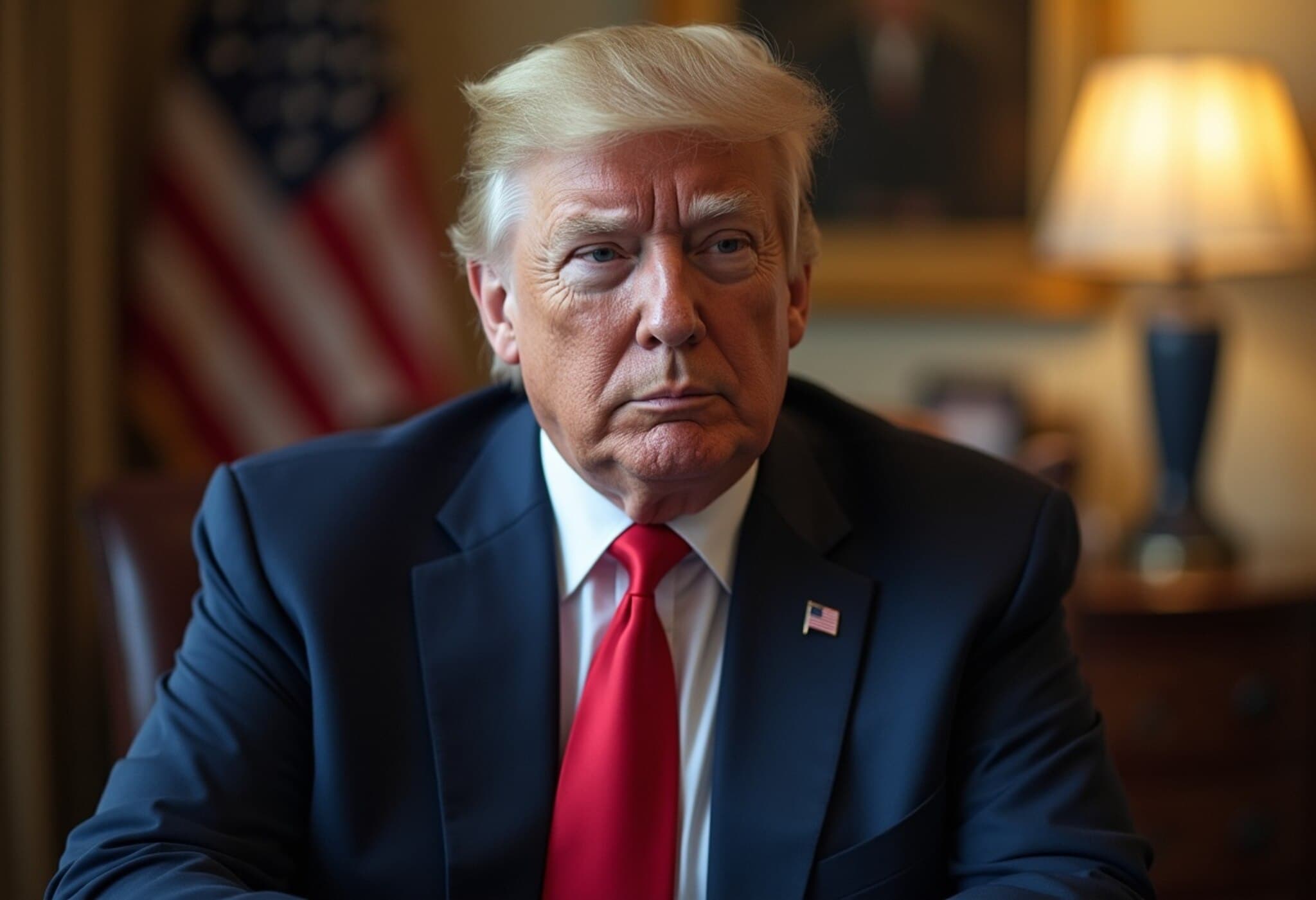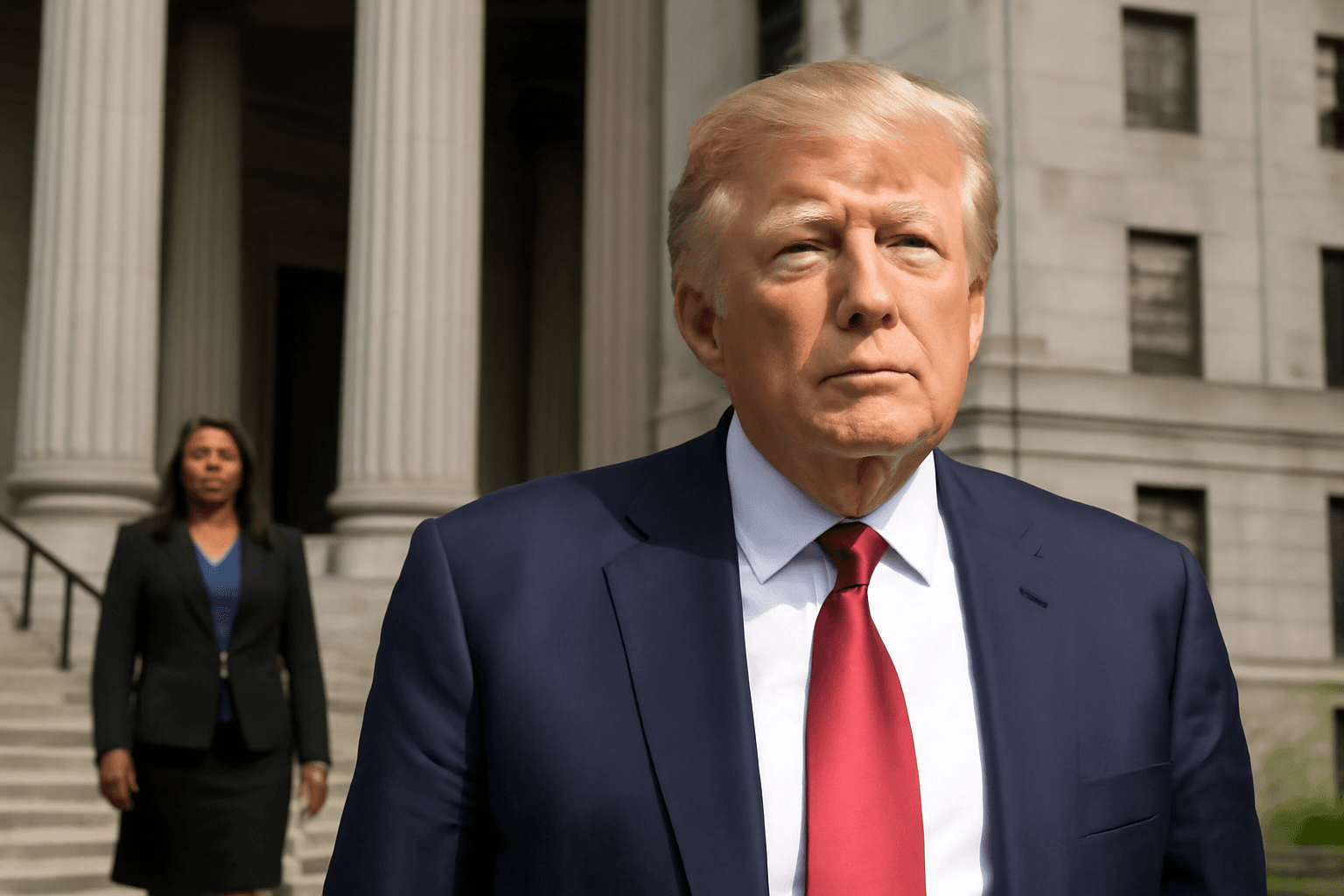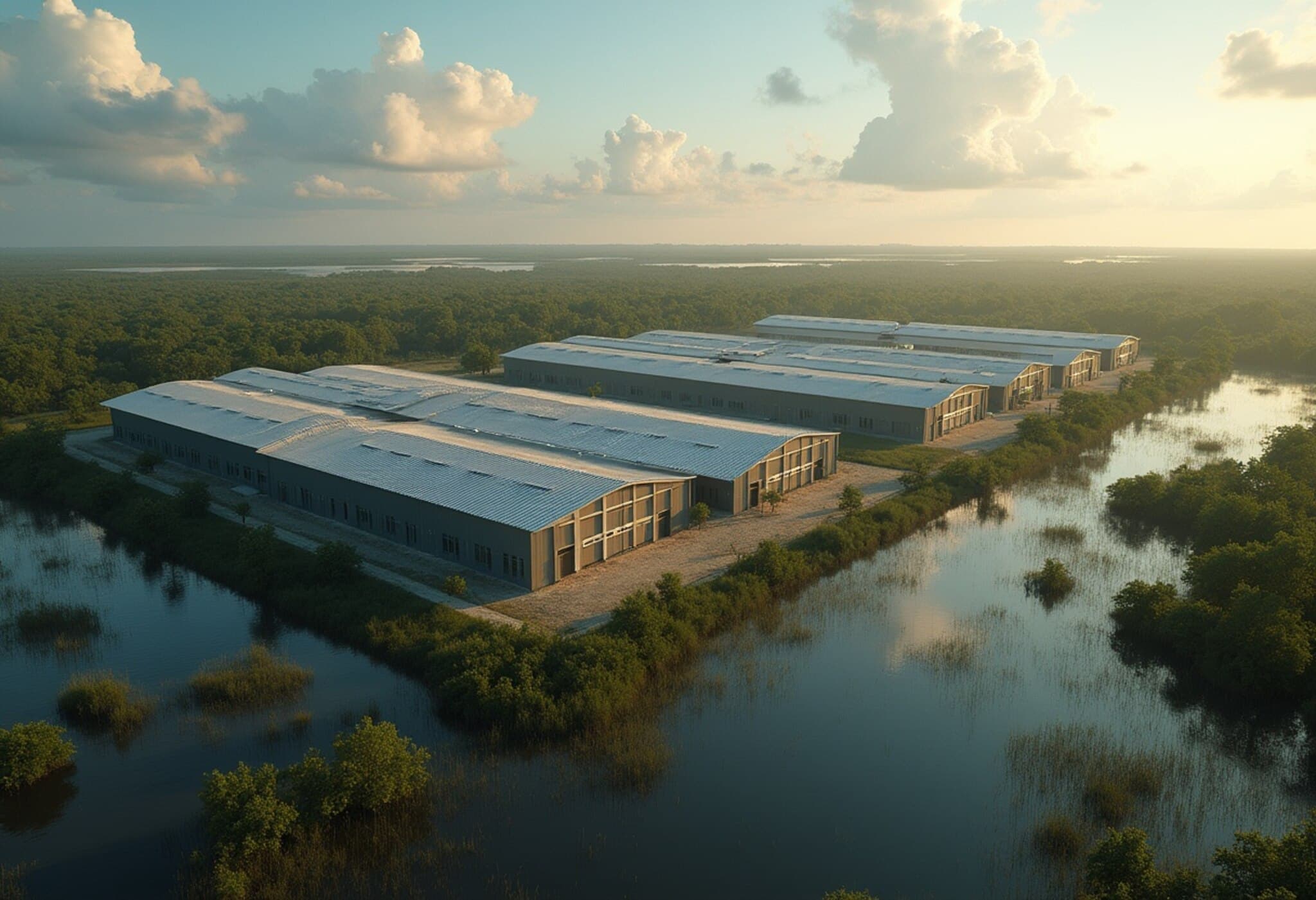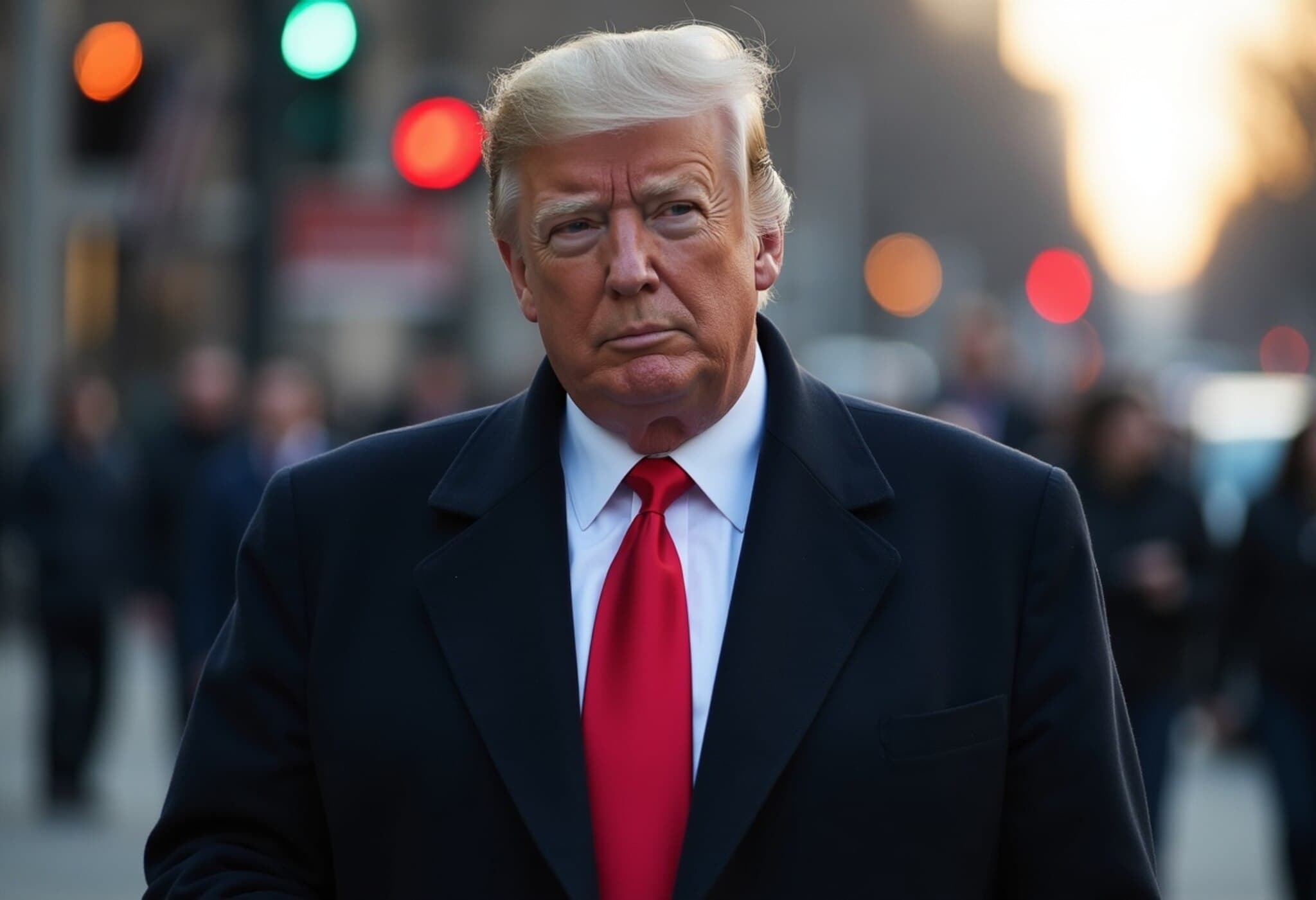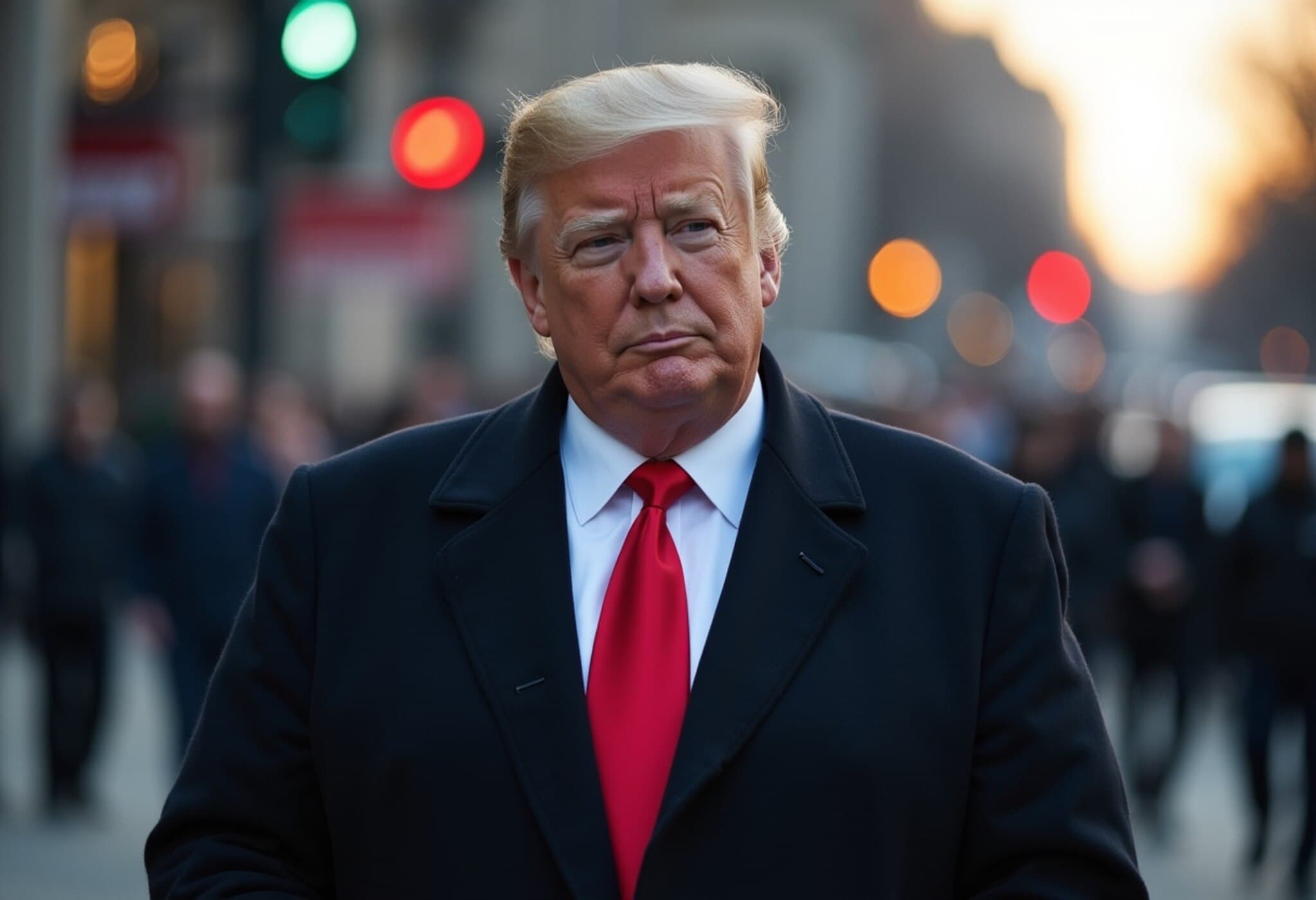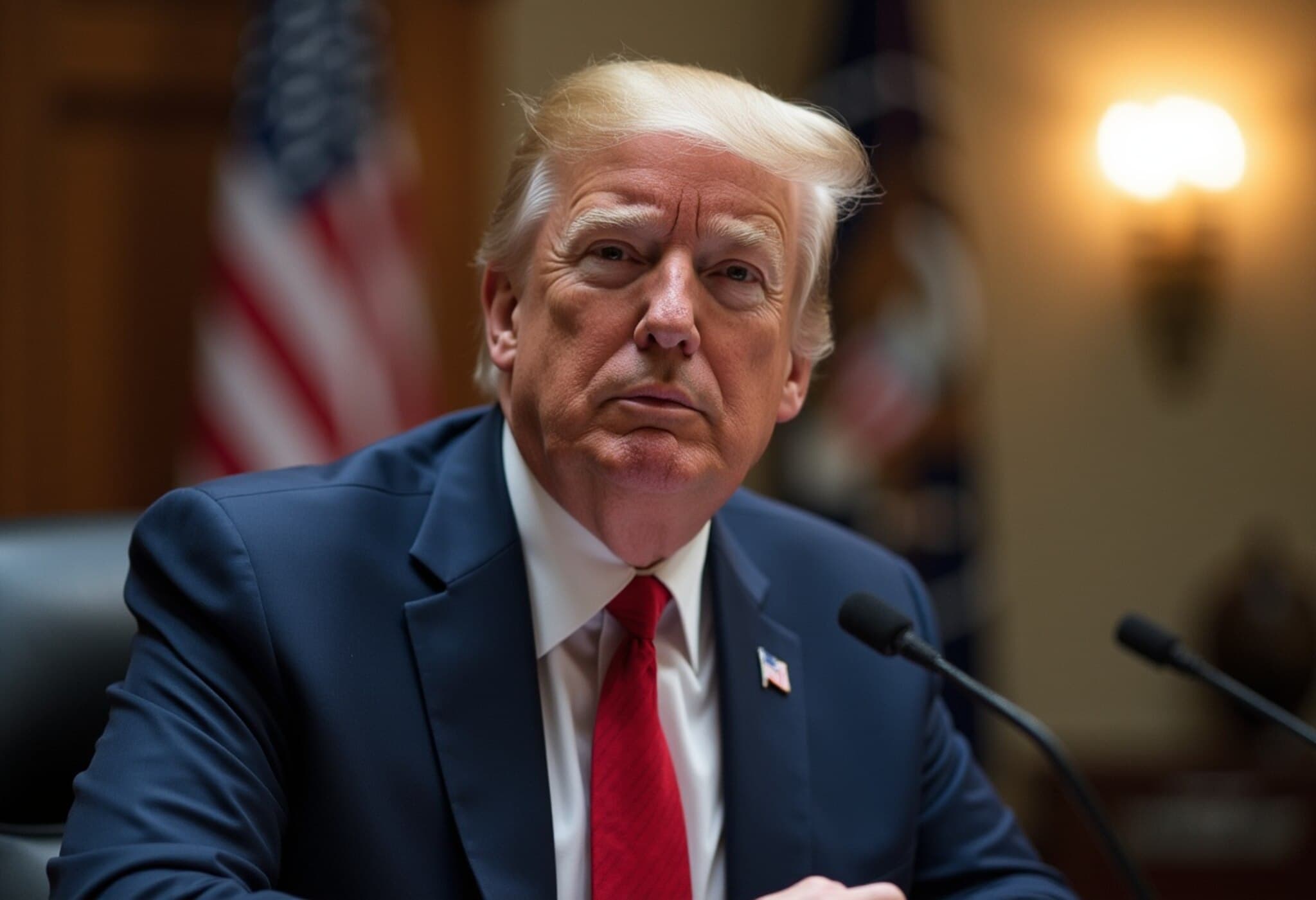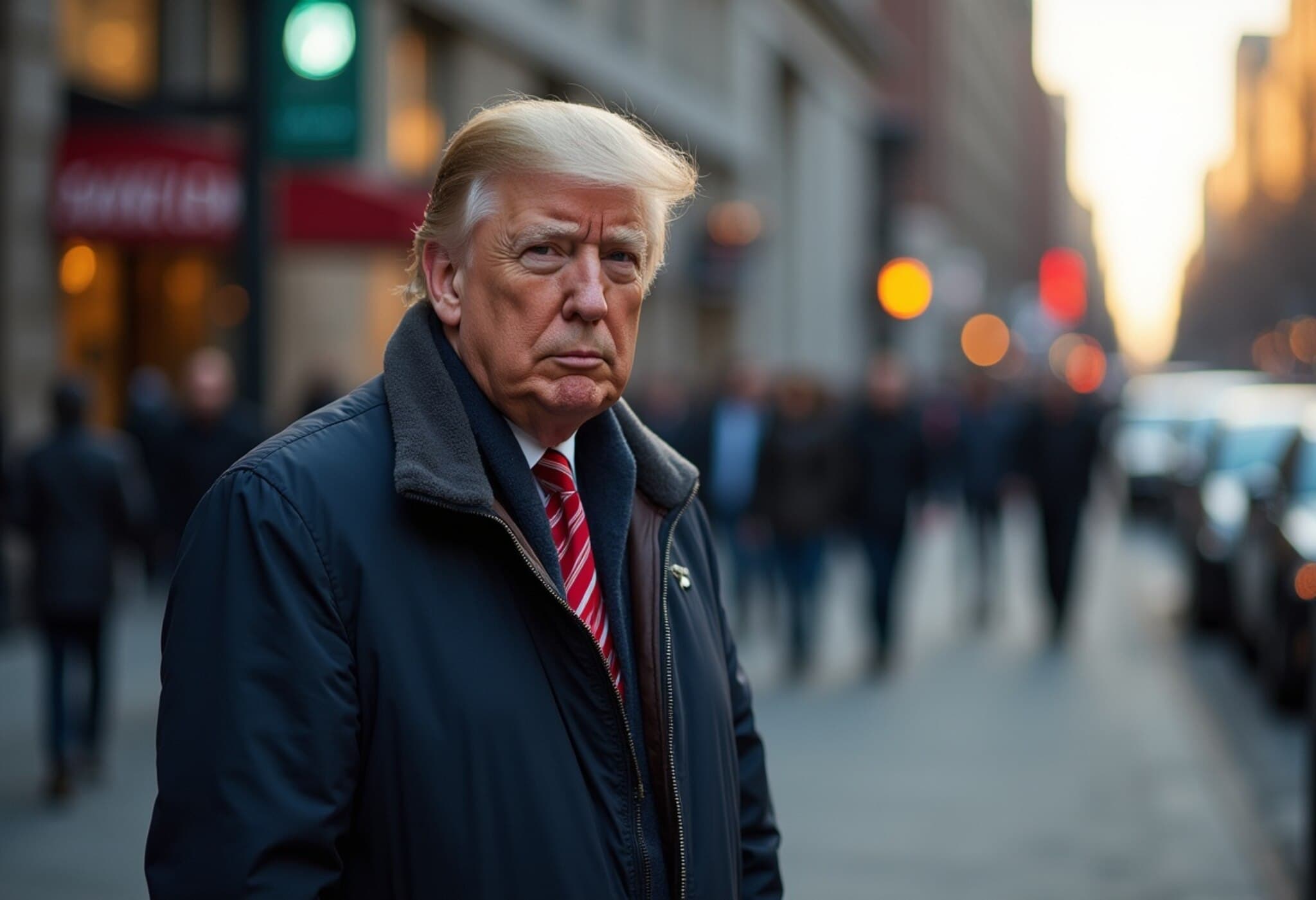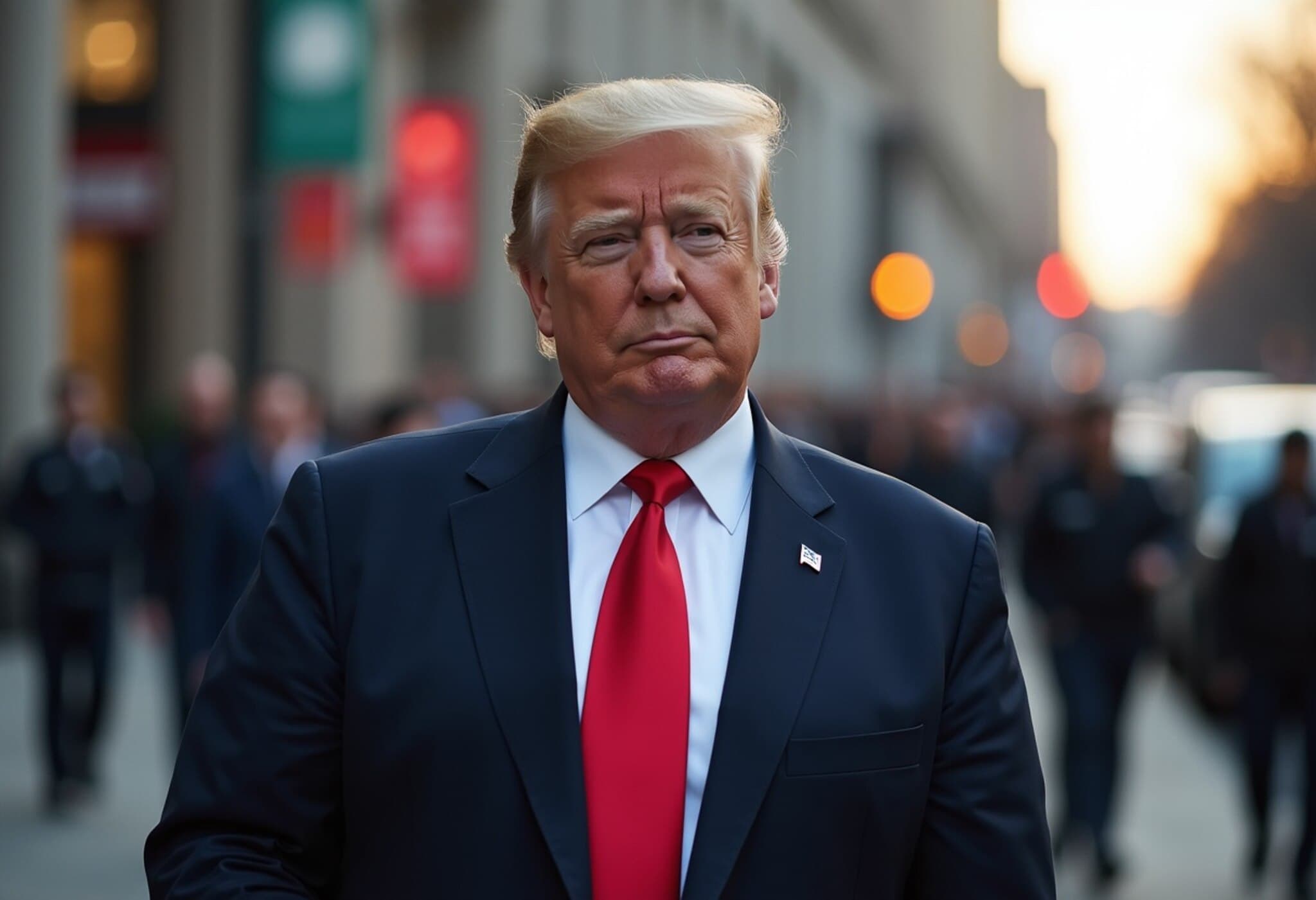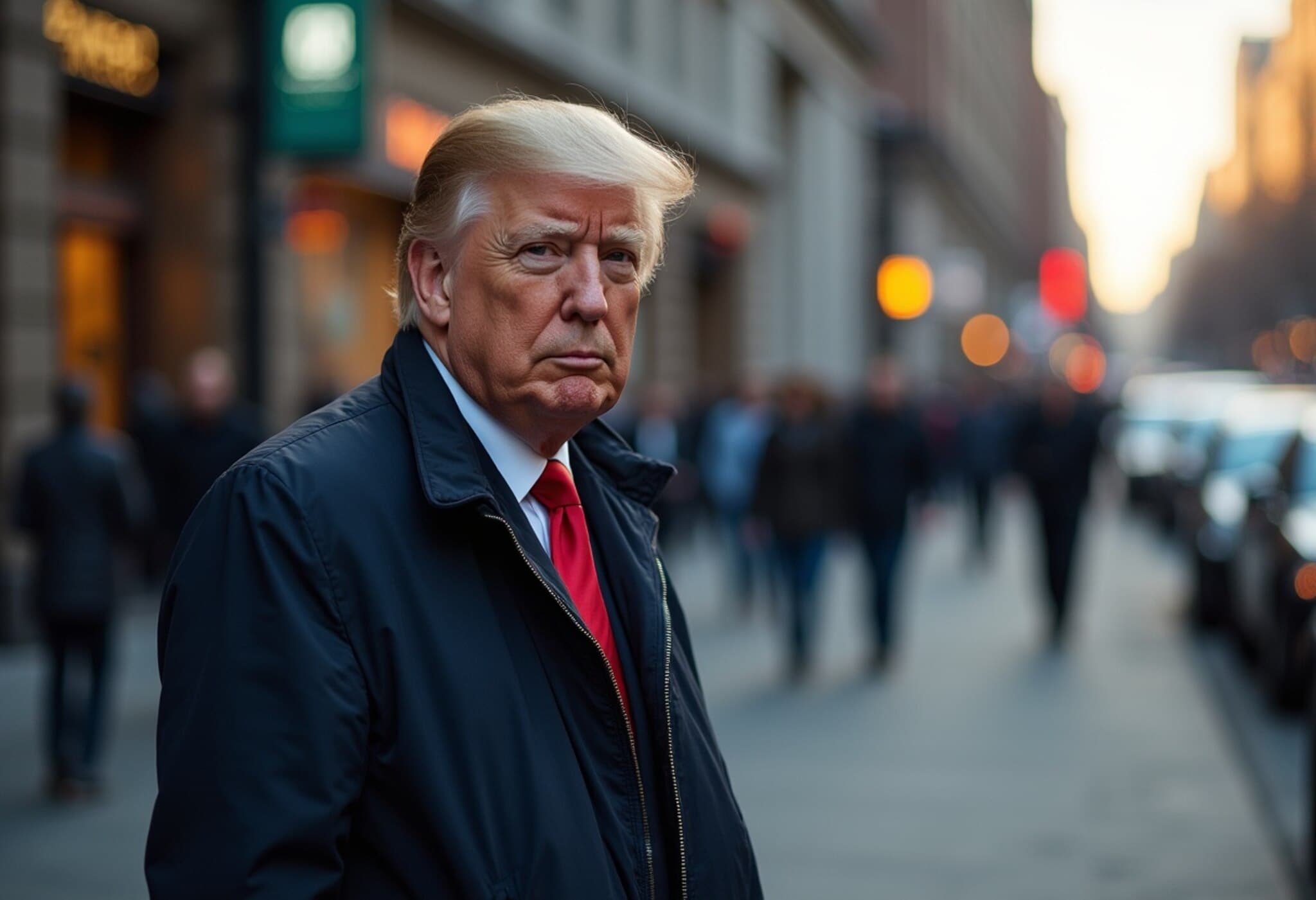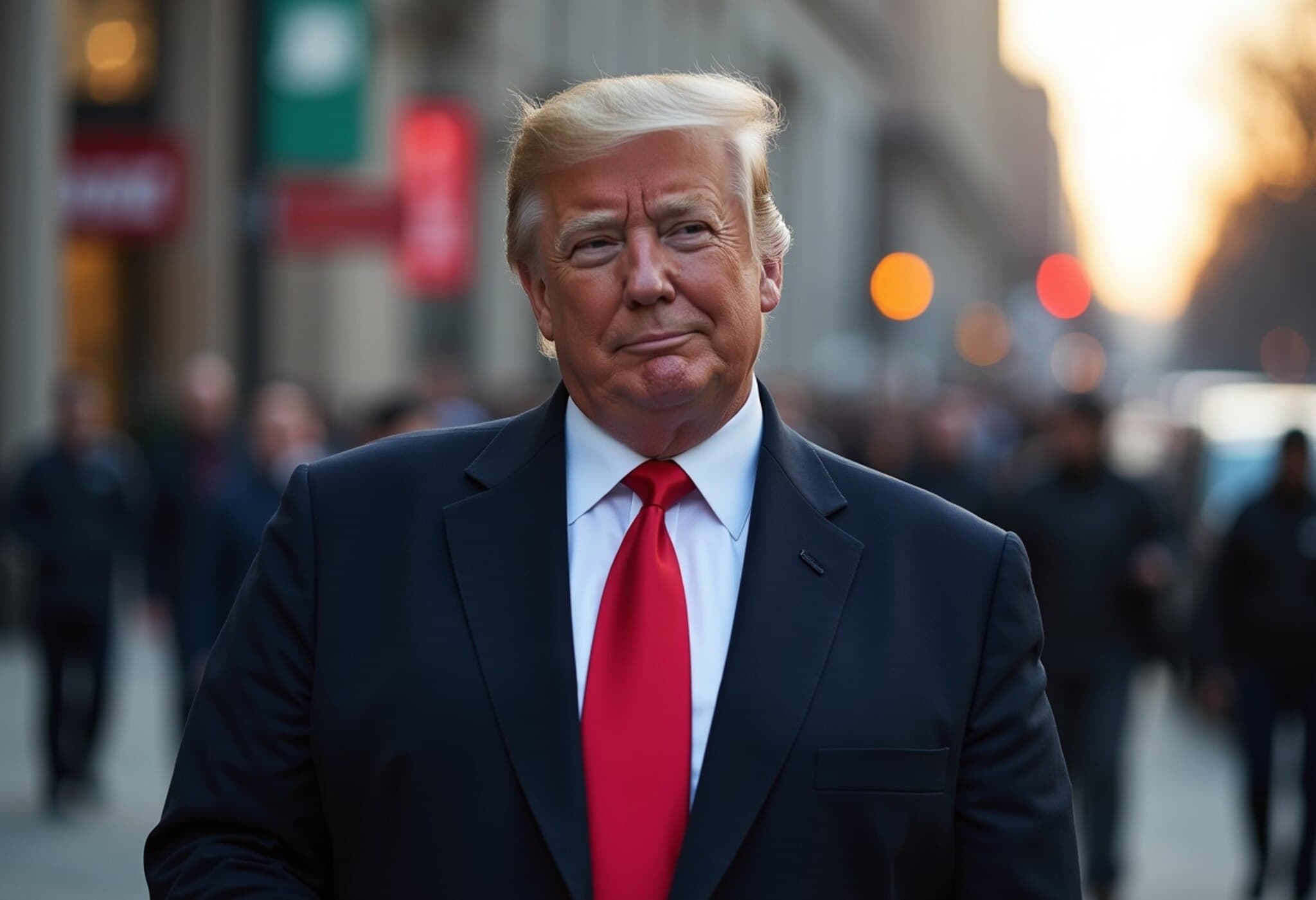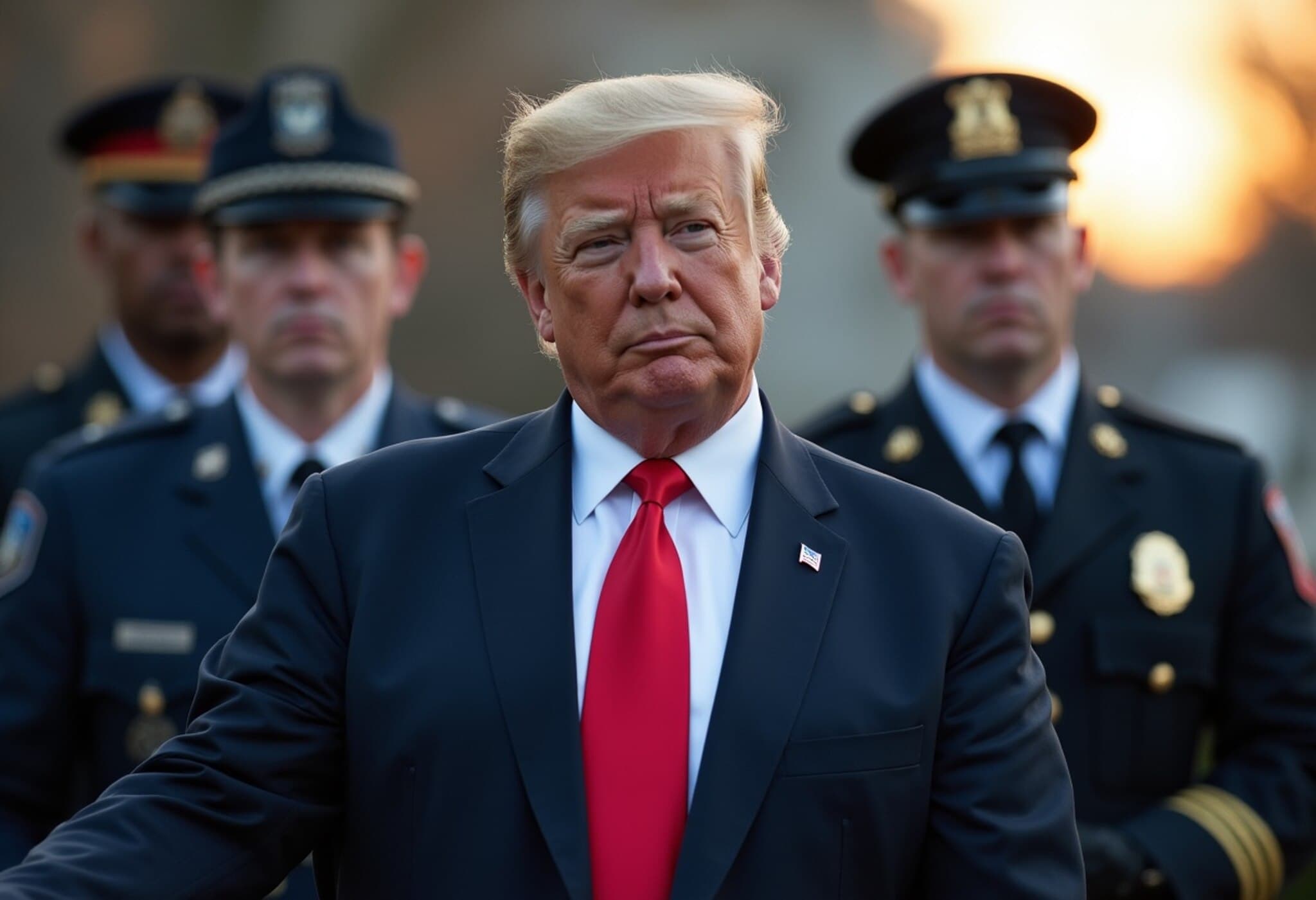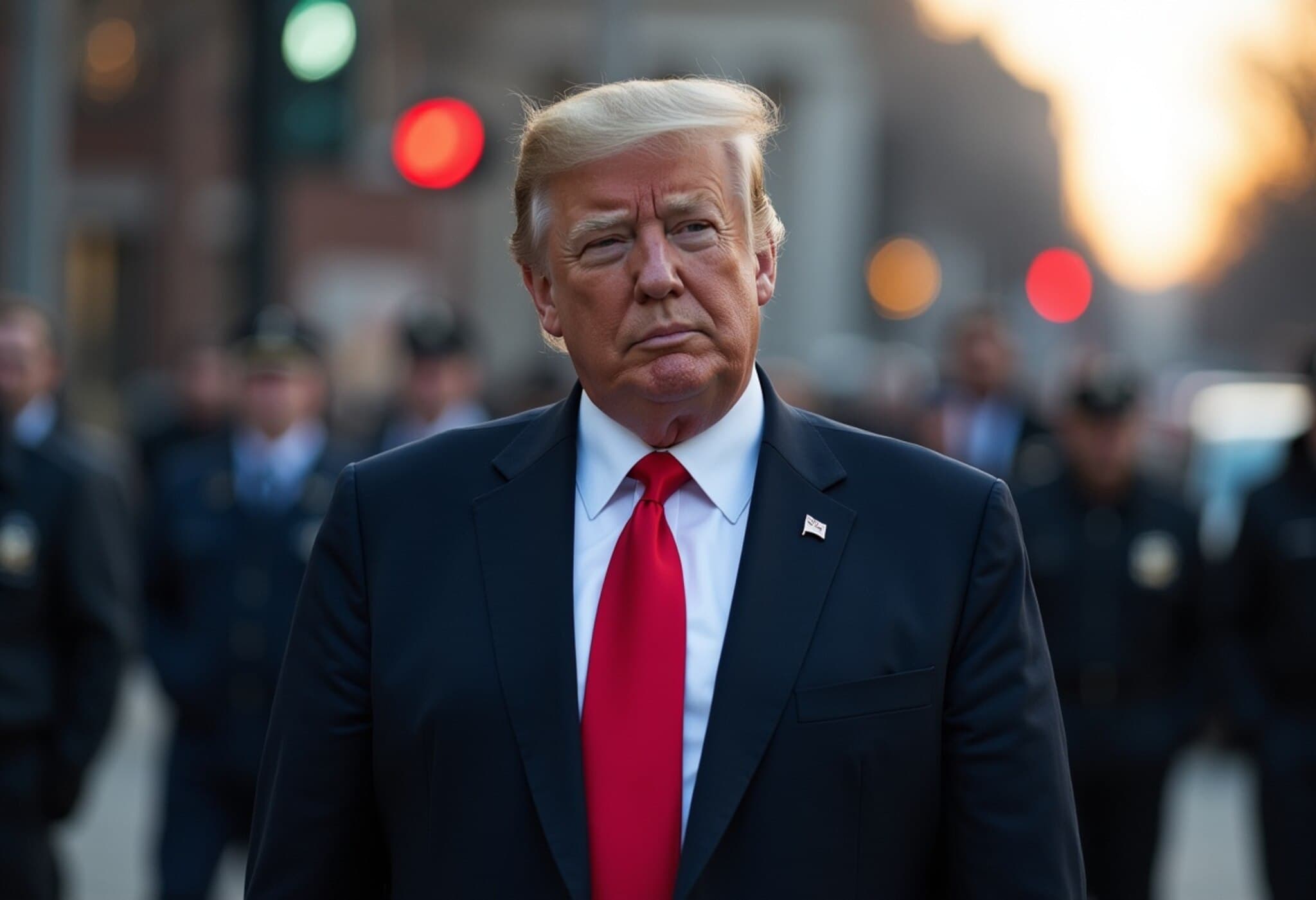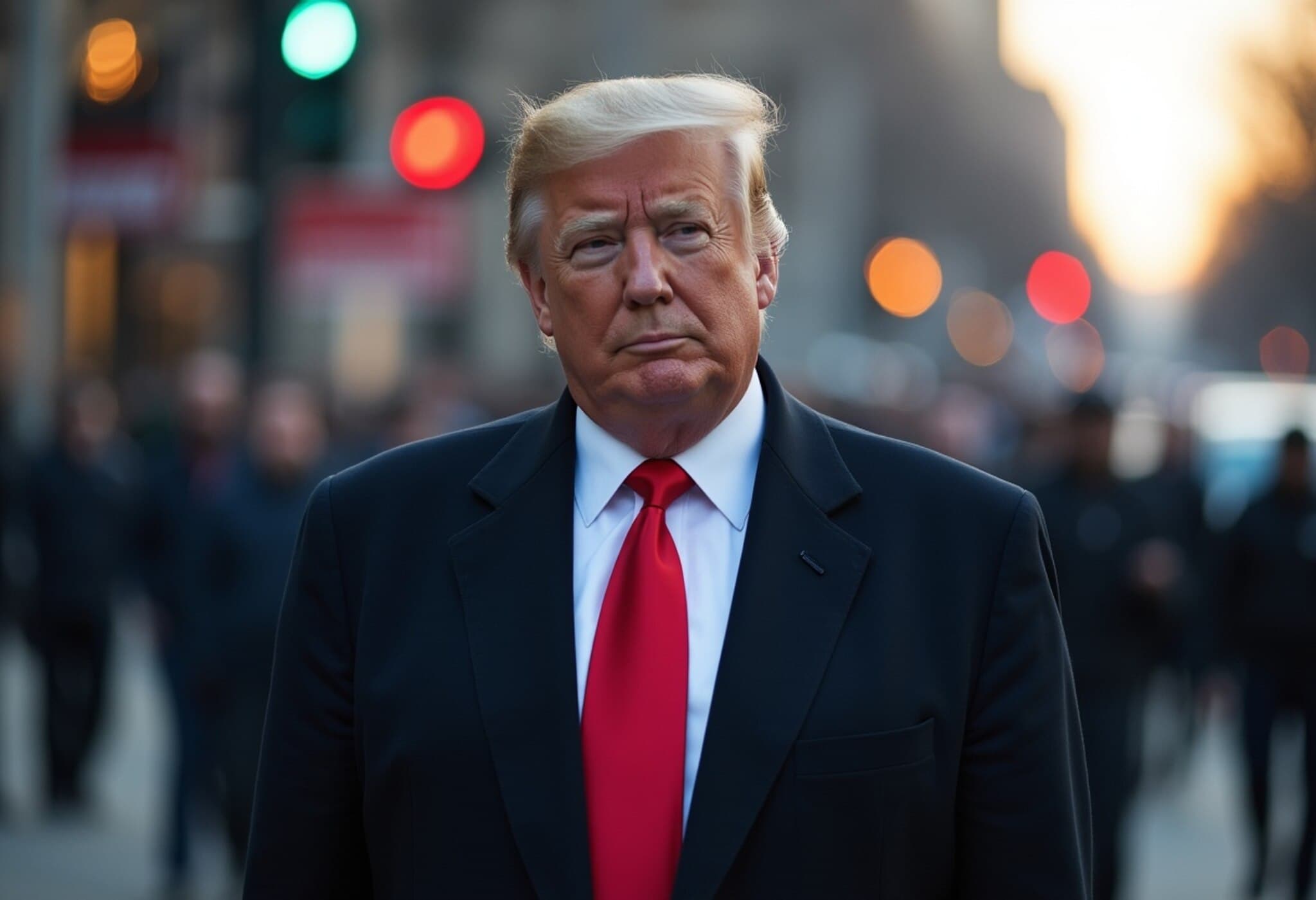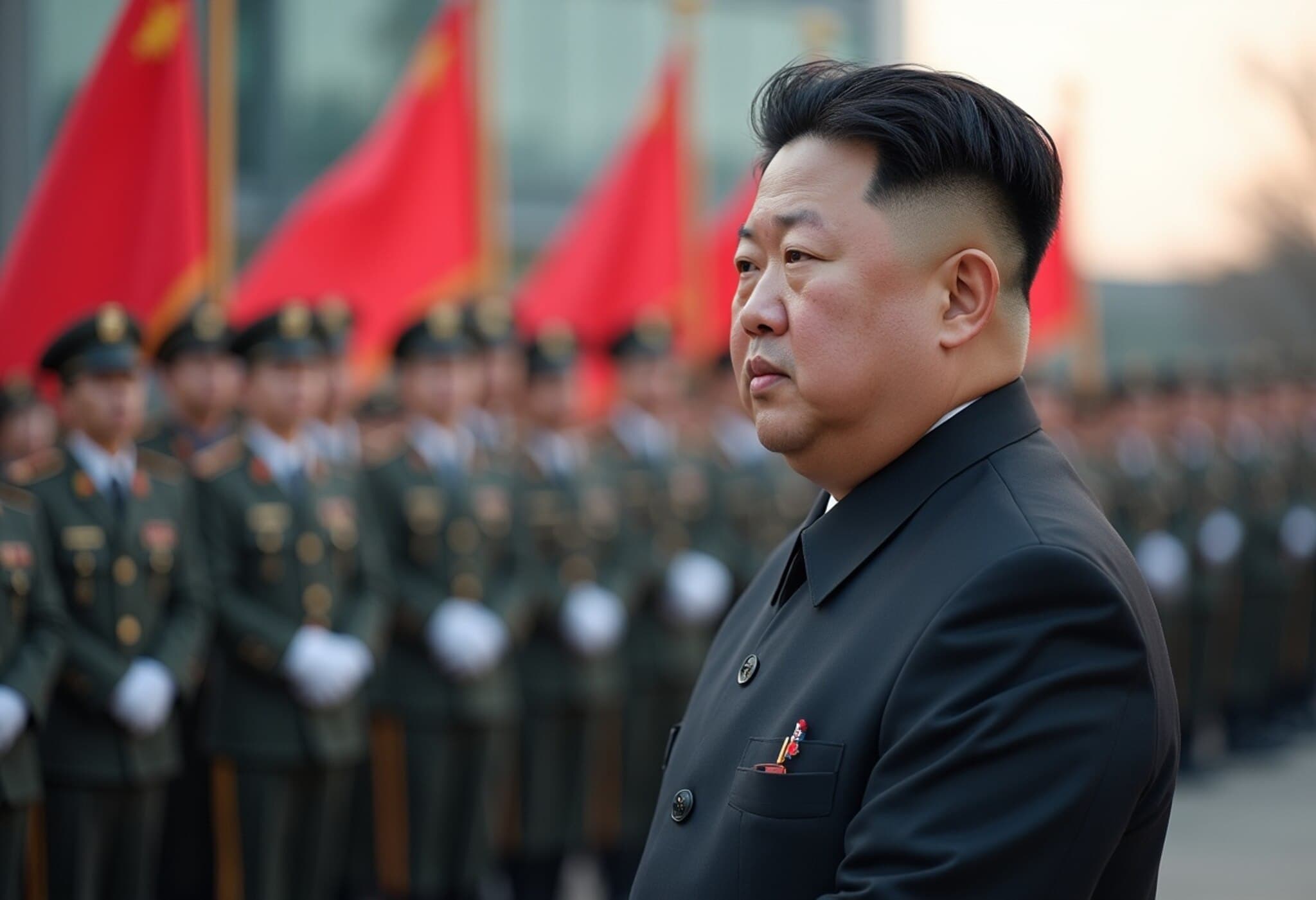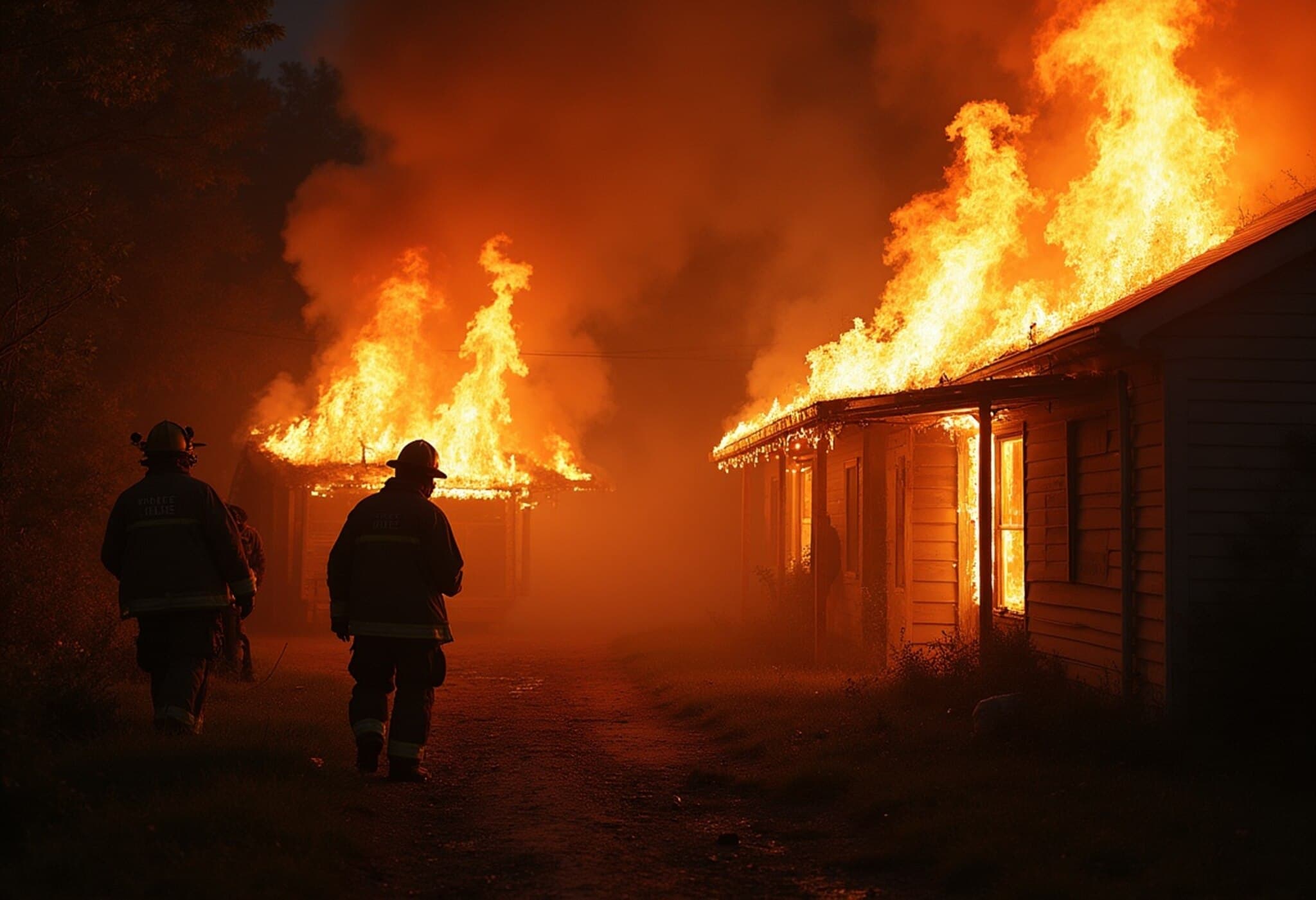Trump Vows Swift Action to Remove Homeless from Washington, DC
In a bold and controversial announcement, former US President Donald Trump has called for the immediate relocation of homeless individuals from Washington, DC, pledging to make the city "safer and more beautiful than it ever was before." The declaration, made via Trump’s Truth Social platform on August 10, 2025, signals a hardline approach to the city's homelessness and crime issues.
"The Homeless have to move out, IMMEDIATELY," Trump stated emphatically, adding that while the city would provide accommodations for displaced individuals, these would be situated far from the nation’s capital. He further underscored a zero-tolerance stance for those he categorized as criminals, stating, "The Criminals, you don’t have to move out. We’re going to put you in jail where you belong." The former president warned that the plan would be implemented "very fast" and without any "Mr Nice Guy" approach.
Upcoming White House Press Conference to Outline Crime-Reduction Plans
Trump is set to hold a press briefing at the White House to further elaborate on what he calls a comprehensive strategy to curb violent crime in Washington, DC. His comments come amid escalating concerns over crime and public safety in the capital, issues often scrutinized as indicators of the broader national security and social wellbeing.
Potential National Guard Deployment: What It Means for DC
Two senior US officials, speaking to Reuters on condition of anonymity, revealed that the administration is considering deploying several hundred National Guard troops in Washington. Although a final decision remains pending, the Guard’s responsibilities could range from protecting federal agents to managing administrative tasks related to maintaining order.
It’s important to note that Washington, DC holds a unique position in National Guard command: unlike US states where governors authorize Guard deployments, the President directly controls the National Guard in the capital, streamlining federal response capabilities.
The Legal and Humanitarian Challenges of Forcible Relocation
While the White House has emphasized the need for urgent action, questions loom over the legal authority to forcibly relocate homeless individuals, especially from city-controlled areas. Trump's jurisdiction predominantly covers federal lands and properties, but the municipal government maintains authority over most urban spaces.
- According to data referenced by Reuters from the Community Partnership, approximately 3,782 single individuals experience homelessness in DC on any given night.
- Contrary to popular belief, most homeless individuals in DC reside in shelters or transitional housing rather than living unsheltered on the streets.
This raises ethical and policy dilemmas about the rights and treatment of vulnerable populations versus broader public safety and urban management goals.
Federal Law Enforcement Actions Intensify Amid Safety Concerns
Recent federal efforts show a surge in law enforcement presence, with about 450 federal officers deployed across the capital last Saturday following an assault on a White House staff member. Reports over the weekend highlighted investigations into unlicensed pistol carrying, driving with suspended licenses, and unlawful dirt bike use on city streets.
These actions reflect a pattern of intensified policing under the current administration’s crime-fighting narrative.
Expert Perspective: Balancing Security and Compassion
Experts weigh in on the complexity of addressing homelessness within the context of public safety. Dr. Laura Kim, an urban policy analyst, remarks, "While the intent to reduce crime is understandable, approaches that involve rapid displacement risk deepening the trauma of homelessness without addressing root causes such as mental health, affordable housing shortages, and economic inequality." She cautions that solutions must be multi-faceted, involving coordination between federal, local, and nonprofit sectors.
From a legal standpoint, constitutional rights to due process and protections against unlawful seizure must guide any government action. The move could face significant challenges in courts and provoke public outcry if perceived as punitive rather than supportive.
What’s Next for Washington, DC?
As the White House prepares to elaborate on its crime reduction plans, the nation watches closely. The unfolding situation raises critical questions about governance, human rights, and urban policy in America’s capital.
Key Points to Watch:
- Final decision on National Guard deployment and its scope.
- Clarification on legal frameworks underpinning homeless relocations.
- Response from DC city officials, advocates, and residents.
- Potential federal-local government dynamics and tensions.

